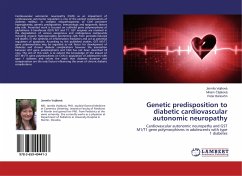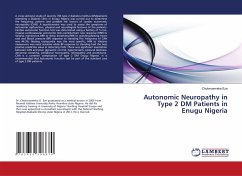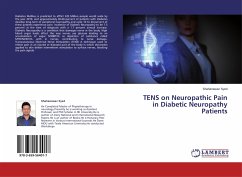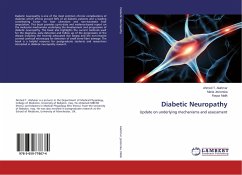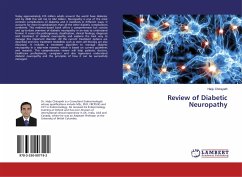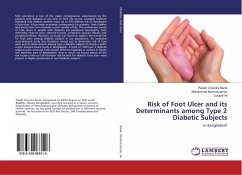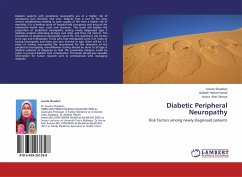Cardiovascular autonomic neuropathy (CAN) as an impairment of cardiovascular autonomic regulation is one of the earliest complications of diabetes mellitus. In complex etiopathogenesis of CAN persistent hyperglycemia, genetic predisposition, immunologic and epigenetic factors play role. Presented work is focused on null/wild gene polymorphisms of glutathione S-transferase (GST) M1 and T1. GST enzymes are involved in the degradation of various exogenous and endogenous compounds including organic hydroperoxides (protecting cells from peroxide-induced cell death), in the synthesis of inflammatory mediators and act as potential regulators of apoptosis. According to the published studies, GST M1/T1 gene polymorphisms may be regarded as risk factor for development of diabetes and chronic diabetic complications however the association between GST gene polymorphisms and CAN has not been described till now. The aim of this work is to extend the knowledge of the impact of GST M1/T1 gene polymorphisms on CAN in population of adolescents with type 1 diabetes and refute the myth that diabetes duration and compensation are the only factors influencing the onset of chronic diabetic complications.
Bitte wählen Sie Ihr Anliegen aus.
Rechnungen
Retourenschein anfordern
Bestellstatus
Storno

